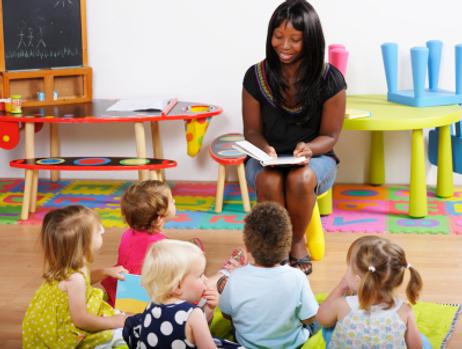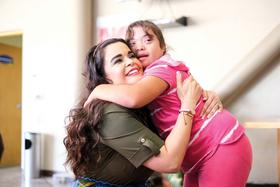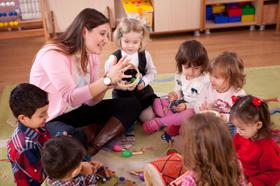Your kids will get better grades if you are involved at school! A 2008 study from the University of New Hampshire indicates that students perform much better academically if their parents are involved in the school. However, that news can create more stress for already busy parents who are trying to juggle full-time jobs and child-rearing simultaneously. The good news is that there are many ways to get involved in your child’s school without taking time off from work or further taxing an already packed schedule. Check out these ten ways busy parents can make a positive impact at their children’s schools.
Consider a Parent Club
Consider membership in the Parent Teacher Association (PTA) or similar group at your child’s school. Parent groups typically meet one evening a week or month to accommodate a busy work schedule. They are often involved in many of the all-school activities and stay abreast of the latest happenings within the school, according to Great Schools. PTA members get to know many of the school staff and play a role in the school's overall success.
Sponsor a Student Club
Student clubs may also meet in the late afternoons or evenings, and they are generally looking for adult sponsors. High schools need parental help for sports teams, music and theatre productions, and other after-school clubs. Even elementary and middle schools might offer extracurricular activities at a convenient time for your schedule and in a subject where you can offer































